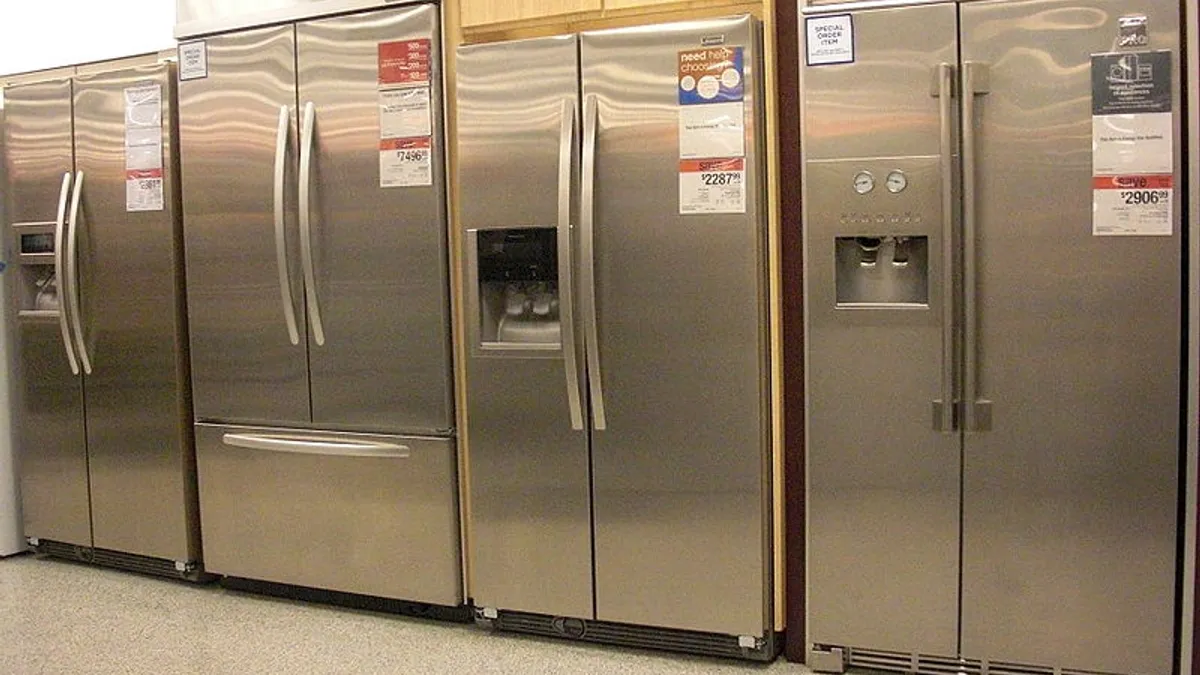A broad coalition of stakeholders has reached agreement on energy efficiency standards for a variety of home appliances, and will recommend the U.S. Department of Energy adopt them in an ongoing rulemaking.
DOE in February proposed new rules for residential clothes washers, refrigerators and other appliances, projecting total consumer savings of about $3.5 billion annually on energy and water bills. On Wednesday, consumer and efficiency advocates, along with appliance manufacturers, issued a joint statement saying their recommended standards would save more than 9 quadrillion British thermal units of energy over 30 years.
The agreement includes the Association of Home Appliance Manufacturers, or AHAM, the American Council for an Energy-Efficient Economy, the Appliance Standards Awareness Project, known as ASAP, and other groups.
“This agreement, if adopted by the Department of Energy, will allow home appliance manufacturers to continue to offer a complete range of energy-efficient products with the features consumers depend on,” AHAM President and CEO Kelly Mariotti said in a statement.
"Standards at these levels will significantly reduce household energy bills and planet-warming emissions, period. The united support for this plan from efficiency advocates and manufacturers clears the path ahead,” ASAP Executive Director Andrew deLaski said in a statement.
Other groups supporting the consensus standards are the Alliance for Water Efficiency, Consumer Federation of America, Consumer Reports, Earthjustice, National Consumer Law Center, Natural Resources Defense Council, and Northwest Energy Efficiency Alliance.
Compared with current standards, the groups said their proposed rules would reduce new refrigerator and freezer energy use by approximately 10-15%, beginning in 2029 for some product types, and 2030 for others. Some models of clothes washers would see approximately 11% energy savings and 28% water savings, beginning in 2028.
Other appliance types included in the agreement are beverage and wine chillers, clothes dryers, dishwashers, and electric and gas cooking products.














